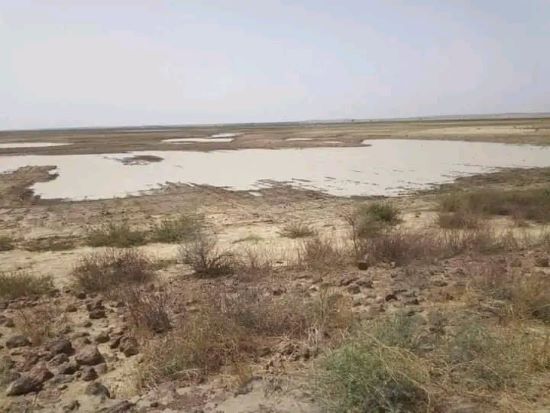The Climate and Sustainable Development Network (CSDevNet), a coalition of Civil Society Organisations, has empowered 50 women on sustainable plastic waste management.
The initiative is through through its Composting and Organic Waste Management to Strengthen Foundational Agroecology for Climate Action.
Mr Paul Joseph, CSDevNet Programme Officer made this known at the Tukpechi Women Lead Climate Action through Composting and Agroecology a CSDevNet Initiative in Abuja on Thursday.
“This initiative will strengthen women in climate solutions by transforming organic waste into a resource for soil restoration and sustainable farming.
“More than 60 per cent of municipal waste is organic, yet most of it is dumped indiscriminately into the environment.
He explained that the value of embracing locally driven methods of organic waste management practices not only boost crop productivity but also safeguard the community’s biodiversity.
Joseph advised participants to transform the approach into a viable source of livelihood, one that showcases the community’s ingenuity and could be replicated by neighbouring areas for sustainable, low-cost solutions.
“CSDevNet, through GUARD Plus Africa Project and the Tukpechi Women’s Association, strengthened community resilience in Kuje Area Council.
“This pilot project implemented in the Tukpechi community of the Kuje Area Council, aims to empower Tukpechi women to lead local composting and organic waste management systems.
The News Agency of Nigeria reports that CSDevNet team took the participants through the practical session rooted in community participation to sort organic waste, build compost pits, use sacks for small-scale composting, and raise earthworms for vermicompost.
Tools and materials such as compost bins, gloves, and sorting bags were provided to support the women’s work to support environmental compliance and integrate the initiative into broader waste management strategies.
Responding, Mr Habilla Zine, the Community Chief, stated that in Tukpechi, women play a central role as stewards of household farming and food production, however their efforts are often constrained by limited access to climate-smart tools and techniques.
“This lack of resources, he explained, has made it increasingly challenging for them to preserve soil fertility and adapt to the growing unpredictability of weather patterns.
He stated that the recent training arrived at a crucial moment in the harvest season, when crop residues are abundant and could be transformed into organic fertilisers.
According to Zine, the new knowledge empowers community members to produce their own soil-enhancing inputs instead of relying on costly chemical fertilisers, easing financial burdens while promoting more sustainable farming practices.
Similarly, Mrs Dorcas Isaac, a farmer in the Tukpechi community, shared an emotional account of how the rising cost of chemical fertilisers had severely affected her cultivation in 2025, forcing her to reduce the size of her farmland.
She explained that many women farmers like herself have been struggling to keep up with the escalating prices, which continued to consume a significant portion of their seasonal income.
She commended the composting and organic waste management training, saying that it was an eye opener.


